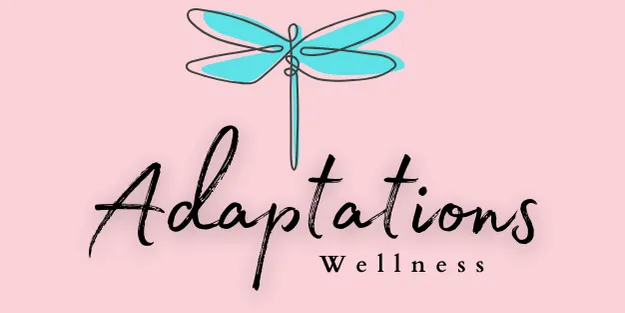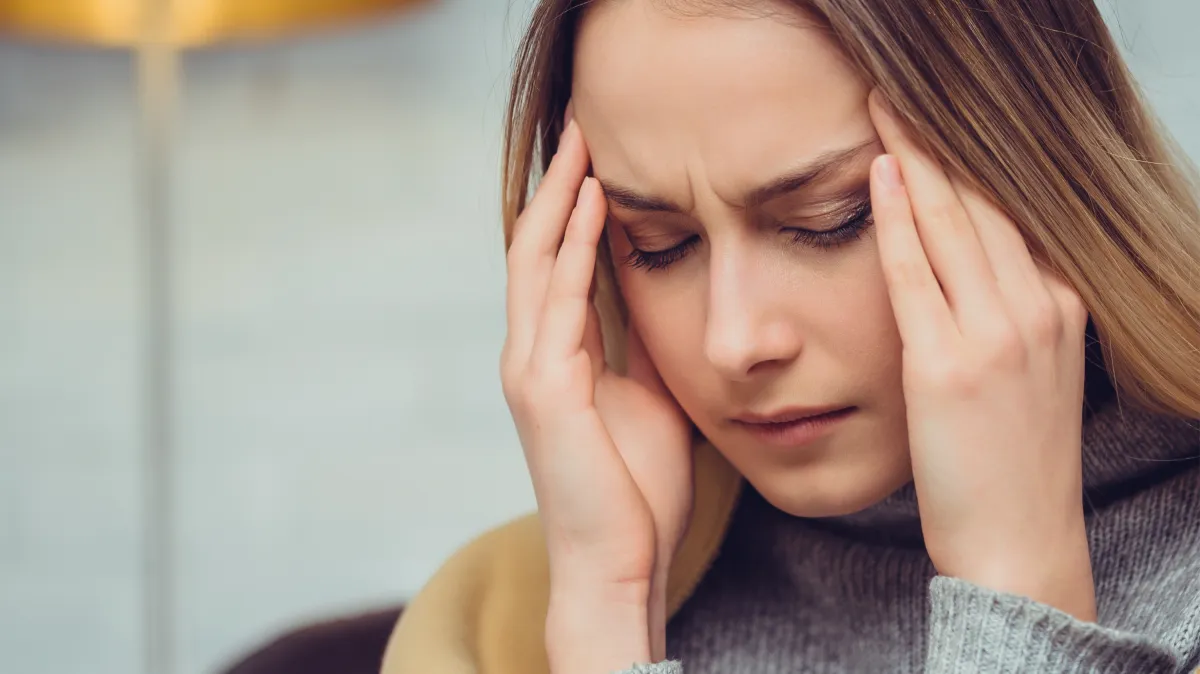
Listen. Understand. Heal
(830) 876-2210
Health | June 26, 2025
Why Girls and Women with ADHD Often Go
Undiagnosed

By Mechelle Kennedy, NP
Have you ever felt like your brain is always busy, it’s hard to focus, or you’re easily overwhelmed — but no one ever noticed when you were younger? You might have ADHD, and you’re not alone. Many women and girls have ADHD but don’t get diagnosed until they’re adults. Why? Because ADHD can look different in females — and hormones play a big part.
What is ADHD?
ADHD (Attention Deficit Hyperactivity Disorder) is a condition that affects how the brain pays attention, controls impulses, controls emotions, and stays organized. While many people think of little boys bouncing off the walls, ADHD in girls often shows up as daydreaming, forgetfulness, mood swings, or feeling anxious.
It can also be older women who have never been diagnosed but can’t seem to keep their day scheduled like they used to, get overstimulated quickly, need more reset or alone time, don’t feel like themselves, and are shutting down. These signs can be missed or misunderstood.
How Hormones Make a Difference
Hormones like estrogen and progesterone do more than just control your period — they also affect your brain. Estrogen helps you focus and feel good by boosting a brain chemical called dopamine. Progesterone, on the other hand, can make it harder to think clearly or stay calm.
Throughout the month, hormone levels change. Some women notice they feel more distracted, emotional, or forgetful right before their period. That’s because estrogen drops and progesterone rises — causing ADHD symptoms to feel worse.
When ADHD Symptoms Show Up or Get Worse
• Teen years: Hormones begin changing, and emotions can feel out of control.
• Motherhood: Life gets busy, and many moms realize they’ve been struggling for years — especially after their child gets diagnosed.
• After childbirth: Hormones crash after delivery, which can cause major brain fog and overwhelm.
• Menopause: Estrogen slowly fades, making focus, memory, and emotions harder to manage.
What Can Help?
At Adaptations Wellness, we look at the whole picture — including your hormones, stress levels, and brain chemistry. Here are some things that may help:
• Nutrients like L-tyrosine and Omega-3s for focus and brain health
• Gentle herbs called adaptogens to calm stress and boost energy
• Bioidentical hormones to balance your cycle
• Healthy habits like exercise, good sleep, and mindfulness
• Lab testing like our NeuroHormone Complete Plus Profile to find the root cause
You’re not broken — and you’re not alone.
If your symptoms have ever been brushed off as “just stress” or “just hormones,” it may be time to dig deeper. At Adaptations Wellness, we see you, we listen to your story, and we can help you find answers that make sense for you.
Changing Healthcare One Client at a Time
Reference:
Hobson, R. (2025, June 25). ADHD in Women: A Neuroendocrine Lens on a Neurodevelopmental Disorder.